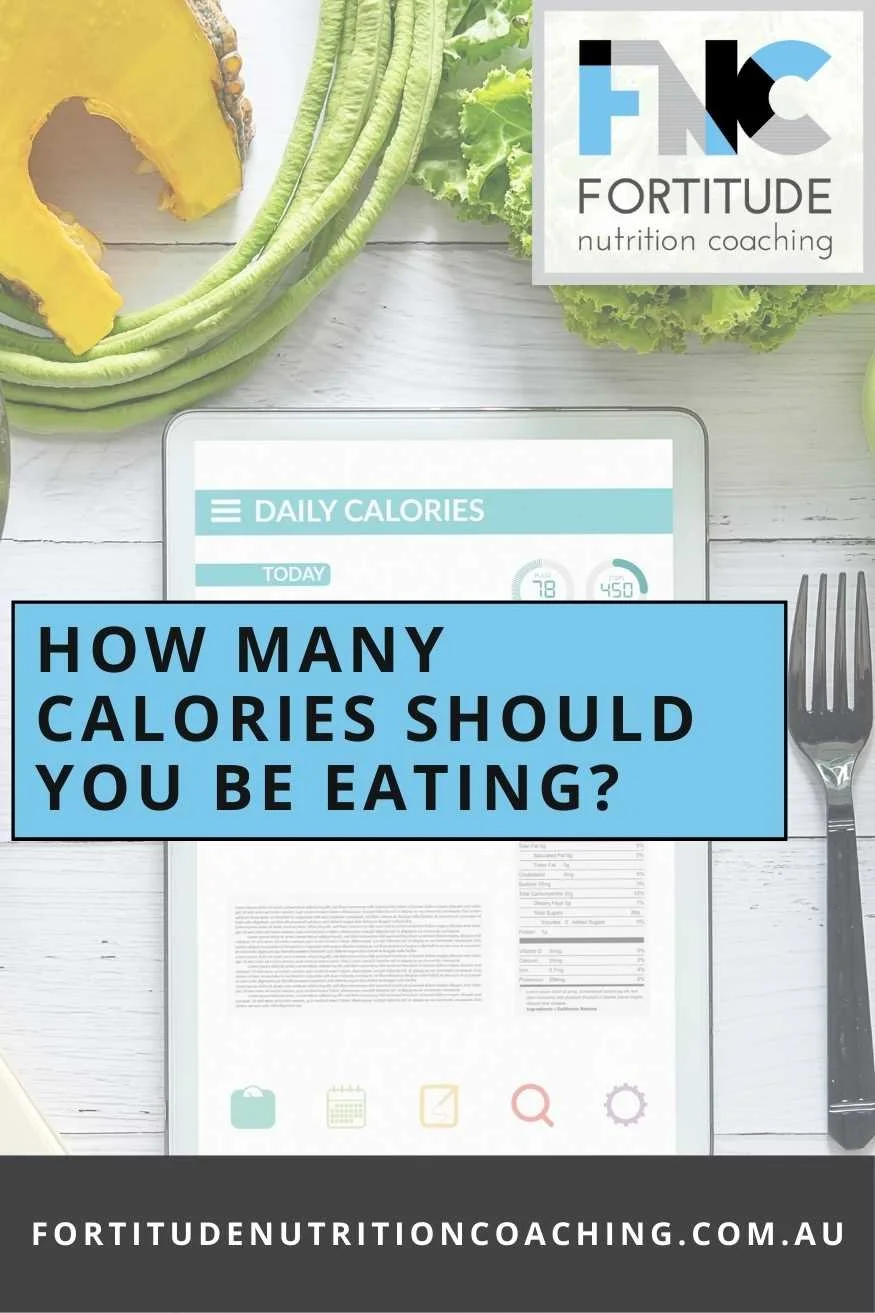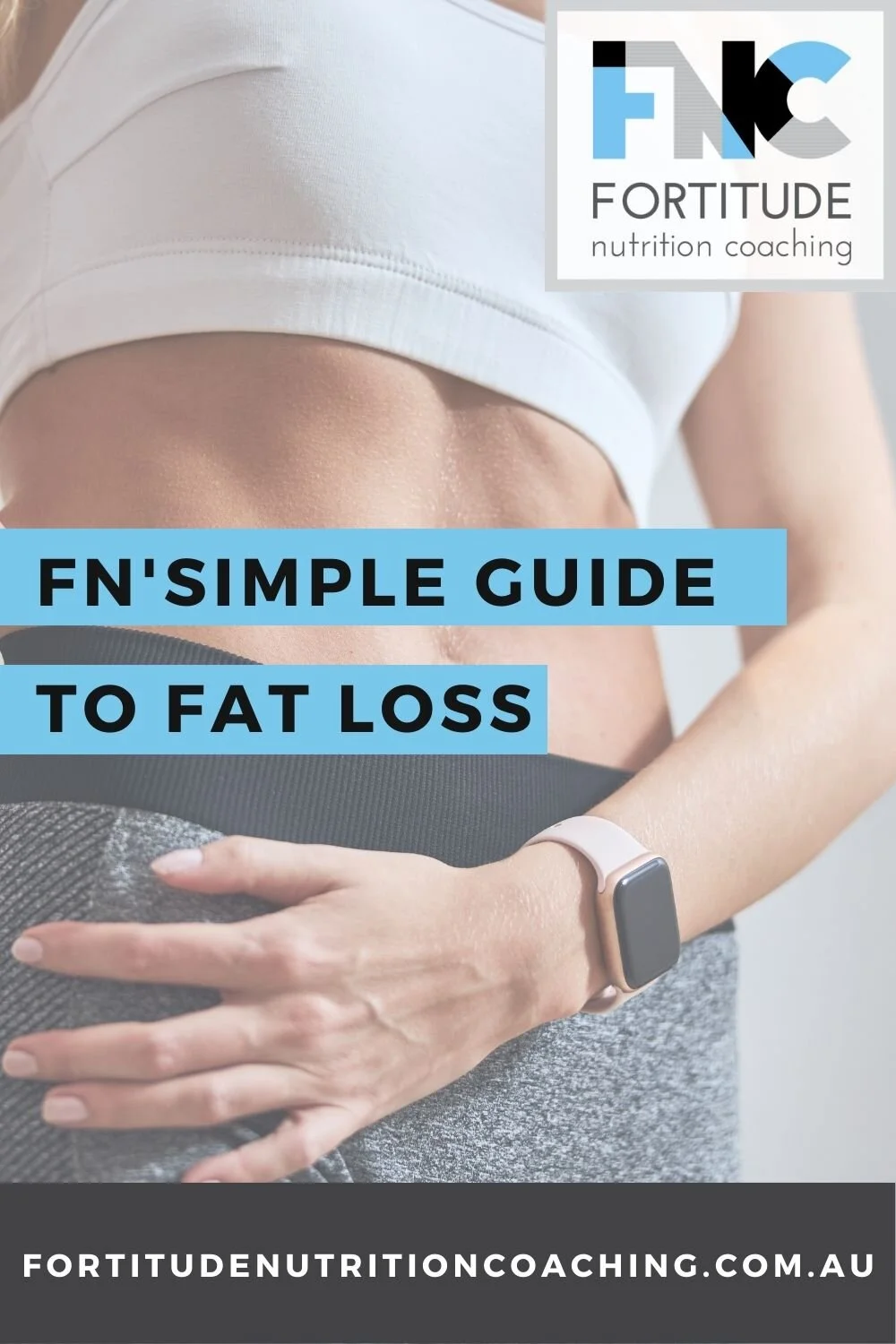Eat mindfully, try to stop when satisfied but don’t worry if you eat a bit more than usual
Try to maintain a focus on some protein-dense foods (eg meat, seafood, tofu), veggies and fruits at meals
Try to get some movement into your days. It might not be your usual workouts but just aim for movement each day
Have a plan for the day when you aim to get back to your usual routine
Consider taking those weeks off any form of body composition measurements if you don’t think you will be comfortable with seeing fluctuations. If you eat a bit more food, you will be digesting more food and this can show up on the scales - it doesn’t necessarily mean an increase in body fat and if seeing the number a bit higher is de-motivating, wait until you are back into your usual habits.
No matter what the festive season ends up, the habits you built throughout the year will serve to help you return to your pre-Christmas body soon enough.
The Christmas to New Years fat gain study
A group of people were studied to see how much fat they would gain if they sat around for a whole week and ate heaps more than normal - on average they only gained half a KG of body fat
Within 2 weeks of returning to their normal eating and movement habits, they were pretty much back to where they started
They didn’t just eat more than normal during the study, they ate 1000 Calories more than their maintenance levels and most of that was whipped cream. (1)
Weight gain during the festive season - yeah sure it can happen. However, if you have eating habits which help you maintain a healthy weight and can return to those quickly after a holiday, you are likely to return to your pre-holiday body fairly quickly and effortlessly.
So hopefully you have built (or have started to build) habits that are helping you progress to your goal and enjoy overall health.
Building meals around protein and plants
Learning which foods are sources of protein, fibre, carbs and fats
Having some control over portion sizes appropriate to your goal
Eating slowly, mindfully, enjoying food until satisfied and then stopping
Learning to balance more indulgent foods across the week but at the same time enjoying those foods and moving away from any guilt or associations with ‘bad’ foods
If you have built these habits in the year, great.
Set a date after the festive season where you will make a conscious shift back to these (if you might enjoy a little bit more flexibility at the end of the year) and even if you have increased body fat a little, it is unlikely to be noticeable and won’t take long to lose.
If these habits aren’t something you have started working on - next year is your year!
How fast can we put on weight?
Dietary fat (fat we eat) can be stored after digestion as body fat, or burned as energy.
The number of carbohydrates we eat can impact how much dietary fat is stored.
If we are eating a lot of carbs, we will likely store most of the dietary fat we eat.
Excess carbohydrates can also be stored as fat, but generally accounts for a small percentage of stored body fat (2)(3).
These factors considered, if you are eating an appropriate amount of energy for your bodyweight, the ratio of carbs to fats won’t matter.
With an appropriate intake of energy, you will burn both the carbs and fats you eat and maintain your body weight.
Eating to excess for sustained periods can (and most likely will) lead to immediate weight and fat gain, again irrespective of the balance between carbs and fats consumed.
So if we are indulging heavily whilst on holidays, whether we are talking carbs, fats or a combination (a combo is more likely as most indulgence foods are mixtures of carbs and fats) the weight gain will happen on holidays - not in the weeks following the holiday.
Overfeeding Research
There has been a stack of overfeeding studies done with a range of Calorie surplus’ or percentages above maintenance.
The short and obvious takeaway is that if you sustain an excessive intake of Calories (energy) from food and drink, your weight will increase.
Depending on protein levels, a portion of the weight gain may be muscle mass (4).
A study published in 2018 (1) had 24 healthy men over-eat by 1000 Calories per day, for 7 days, and instructed them to minimise physical activity.
Think about the Christmas to New Years period if you sit on the couch more than normal and enjoy more food and beers.
In this study, the participants averaged a total weight gain of 0.9kg during that week, with 0.5kg being fat mass.
During the 2 weeks following the overfeeding, the participants were instructed to return to their usual eating habits and averaged a reduction of 0.3kg during those 2 weeks.
So in practice, you have a massive feast daily (or multiple times per day) around Christmas and New Year and sit around watching Home Alone and the cricket.
On average, you might put on half a kilo of fat.
After new years you get back into your regular habits and 2 weeks later you’re pretty much back to your pre-Christmas self.
Another study (2), published in 1995, took 16 males and after a week of determining and consuming maintenance Calories, they were split into 2 groups and overfed by 150% of their maintenance Calories, with the excess being either carbs or fat.
After the overfeeding period, the participants were told they could eat whatever they wanted for the next 3 weeks and this was uncontrolled.
In week 4 they had another controlled week consuming maintenance Calories reflective of their normal food intake, before another 2 weeks of 150% overfeeding with the groups being switched.
After 7 days, the excess carb group had gained a little more weight (about 2.5kg compared to 2kg) but at 14 days the weight gain was basically identical between the groups (about 3kg). Most of the weight gain occurred in the first 7 days and weight gain was less significant in the second week.
Within that weight gain, the amount of fat mass was also pretty much identical between excess carbs and excess fat.
After 3 weeks eating whatever they wanted and the 4th week eating their habitual food intake, the average weight gain had reduced to about 0.7kg.
Most participants had nearly returned to their pre-study weight.
There were huge variances in this though, with at least 1 participant holding around 4kg of weight above their original starting body weight and some participants actually weighing less than before the whole study started.
Remember though, the first 3 weeks they were told to eat whatever they wanted, some would have returned to their normal eating habits, others might have continued to indulge.
Applying this practically, say you have 2 weeks holidays at the end of the year and eat a huge amount more than you normally do - every single day for the entire 2 weeks.
Of course, you can expect that weight gain is possible.
If your typical Caloric intake is around 2000 Calories, 150% puts you at a surplus of 1000 Calories - about half a pizza on top of what you normally eat in a day.
Alcohol can obviously add up too so is something to be mindful about.
If you do go full tilt for the 2 weeks and put on a few kilos - the great indication from this study is that returning to your normal dietary habits - not even necessarily dieting - just eating as you were before holidays, would likely see you lose that weight within about a month.
No special post-holiday diet needed.
Have an amazing festive season, enjoy the food and drinks if you wish.
Have dessert if you enjoy it.
Aim to stop when satisfied and let your hungry build up over time before enjoying the left overs.
Get back to your usual habits early in the new year and all should be well.
1 on 1 Nutrition Coaching with Fortitude Nutrition Coaching
Are you looking for an understanding and supportive human to talk with, to help with advice and guidance? An objective set of eyes to see what you could improve to move towards your goal in the easiest possible way?
We work with real people and get real results. Sign up for 1 on 1 Nutrition Coaching today and get the support, guidance and accountability of a Fortitude Nutrition Coach.
References:
https://academic.oup.com/jn/article/148/1/77/4823718
https://www.ncbi.nlm.nih.gov/pmc/articles/PMC185982/?page=8
https://opentextbc.ca/anatomyandphysiology/chapter/24-4-lipid-metabolism/
https://www.ncbi.nlm.nih.gov/pmc/articles/PMC3777747/












Tired of the "eating healthy" cycle that leads nowhere? Our blog unveils the blueprint for success. Say goodbye to vague intentions and hello to a clear Action Plan. Transform your eating habits with precision - from veggies to protein, breakfast to overcoming obstacles. Break free from the loop and embark on a fulfilling journey. Ready to achieve your goals with confidence? 🎯 Learn more: https://www.fortitudenutritioncoaching.com.au/blog/why-healthy-eating-doesnt-work